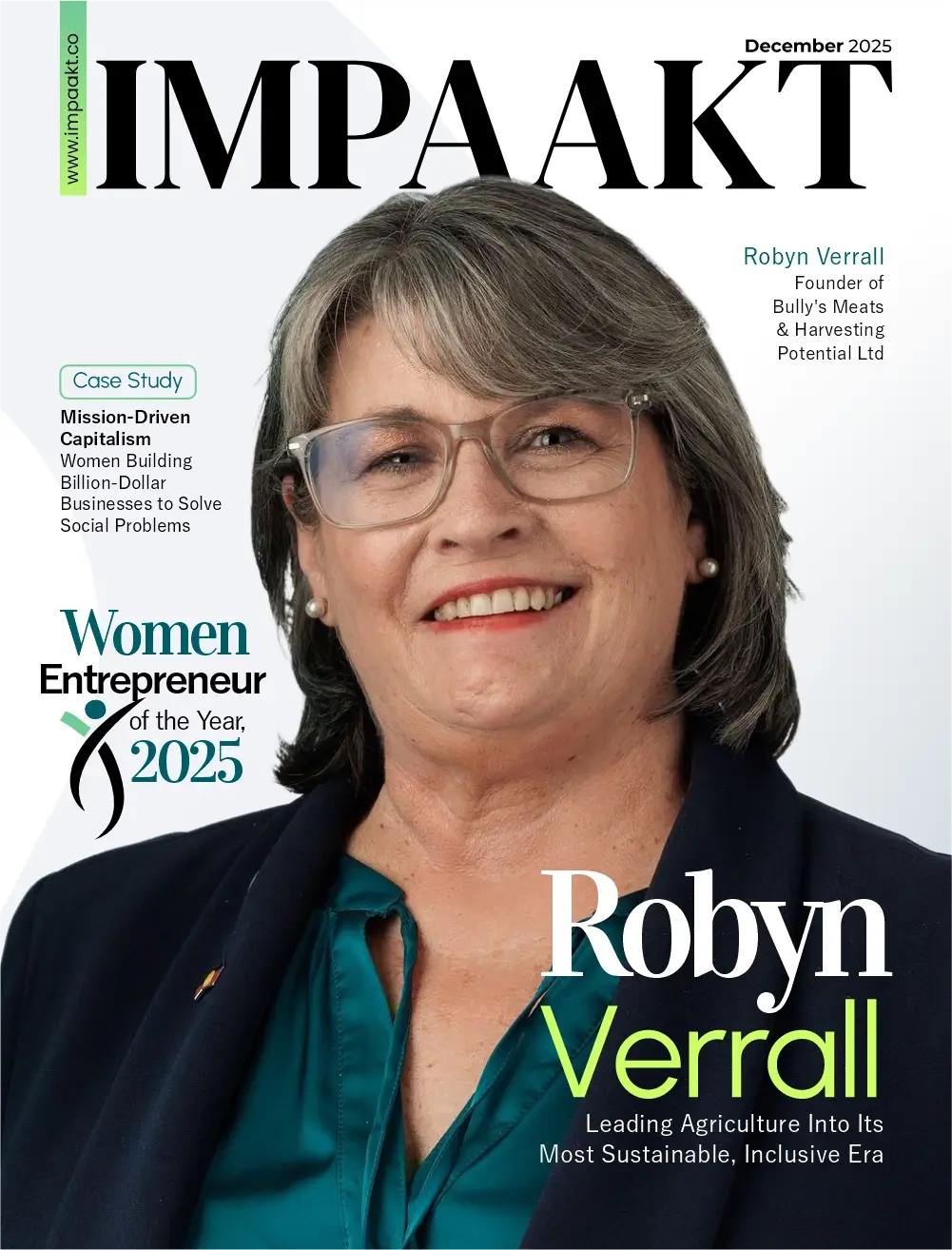Following a weekend of negotiations regarding the potential reinstatement of Sam Altman as OpenAI CEO, the company’s nonprofit board has taken a different direction. As per an individual familiar with the situation, former Twitch CEO and co-founder Emmett Shear has been appointed as interim CEO, succeeding Mira Murati, who publicly supported Altman.
This marks the third change in CEOs within a span of three days. The unexpected selection of Shear raises questions about the board’s decision-making process, particularly in light of the initial reason for Altman’s firing – a perceived lack of consistency in communication. The decision to reverse their stance prompts an inquiry into the motivations behind these rapid changes.
According to multiple sources, the four-person board initially resisted stepping down to allow Altman’s return. The Information first reported that employees were informed on Sunday that removing Altman was considered the “only path” to fulfill the company’s mission of achieving “broadly beneficial” artificial general intelligence. This raises the crucial question of why Altman, who was initially let go due to communication concerns, was being considered for reinstatement under pressure from investors and the threat of a mass employee walkout.
Requests for comments from OpenAI and Microsoft, its major investor, went unanswered. Shear’s surprise appointment seems to conclude Altman’s abrupt departure, following the board’s assertion that he lacked consistency in communication. The question arises: what factors influenced the board to reconsider Altman’s position, especially after stating that his communication style was not in line with the company’s objectives?
On Saturday, the board members failed to meet the 5 PM PT deadline set by Altman’s camp, which demanded their resignation and Altman’s reinstatement alongside co-
founder Greg Brockman or face widespread staff resignations. Following the missed deadline, numerous OpenAI employees expressed support for Altman on social media, highlighting potential internal discontent.
Altman, appearing at OpenAI’s office on Sunday, stated that it would be the “first and last time” he wore a guest badge, suggesting a decisive return as CEO or no return at all. Another deadline for a resolution by 5 PM on Sunday also passed without an agreement.
The board overseeing the nonprofit parent company includes chief scientist Ilya Sutskever, Quora CEO Adam D’Angelo, former GeoSim Systems CEO Tasha McCauley, and Helen Toner, the director of strategy at Georgetown’s Center for Security and Emerging Technology. Sutskever, a prominent AI researcher, played a key role in Altman’s removal. The question of whether there were internal conflicts or differences in vision among the board members remains unanswered.
The appointment of Shear as the CEO of the world’s most high-profile AI company is unexpected, given that he is not considered a leader in the field. In March, Shear departed Twitch shortly before a significant round of layoffs, with Twitch experiencing another round of layoffs in October. Amazon acquired the live streaming service for $1 billion in 2014.
OpenAI’s prominence has surged since the launch of ChatGPT just over a year ago. Altman recently announced that it boasts over 100 million weekly users, solidifying its status as one of the fastest-growing services in history. The question persists: how do these leadership changes impact OpenAI’s trajectory and its mission to develop AI that aligns with humanity and human morals?











